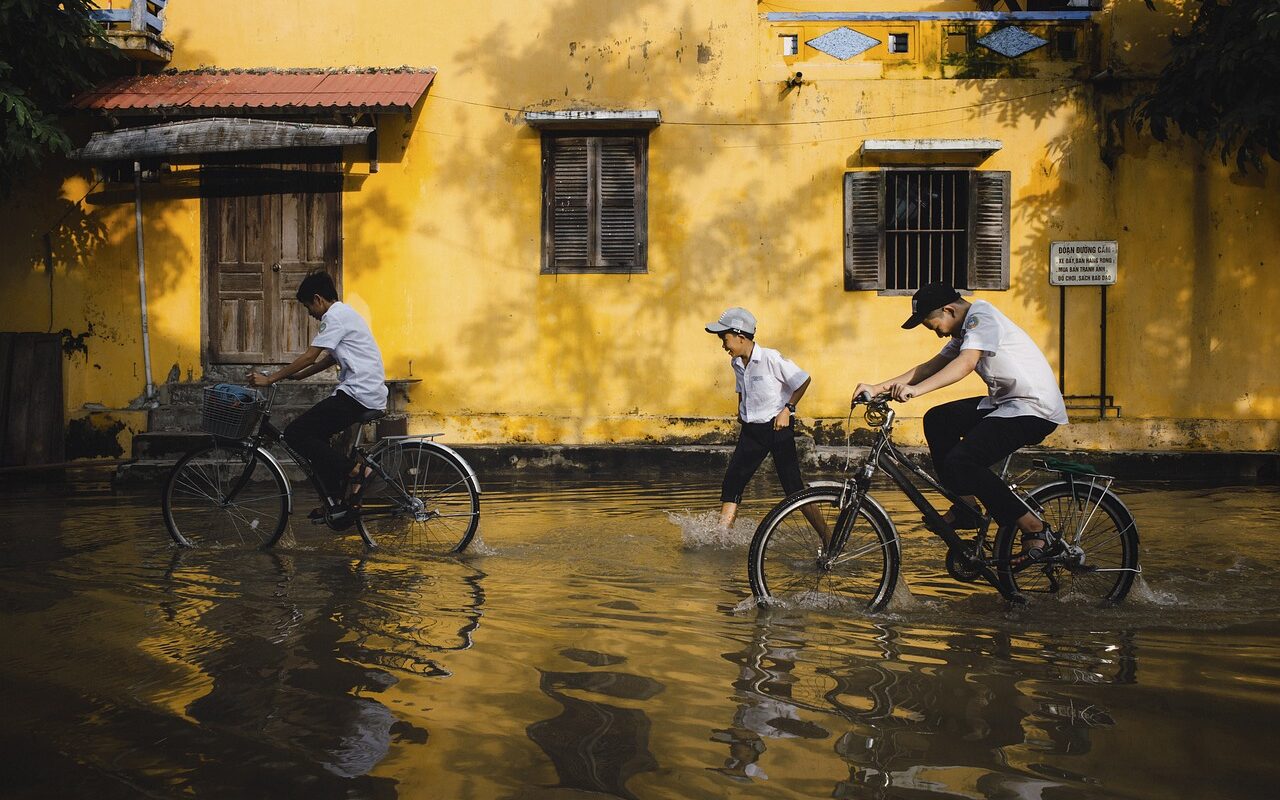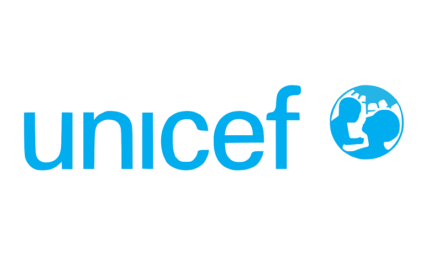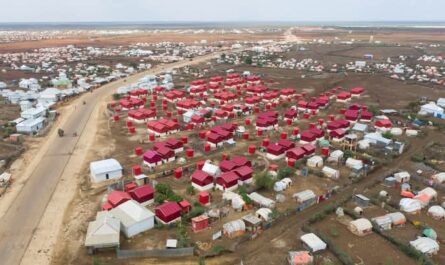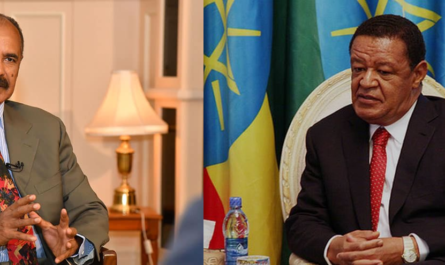Extreme climate hazards in 2024 disrupted the education of at least 242 million students in 85 countries and exacerbated an existing global learning crisis, the UN’s children agency UNICEF said on Friday.
In a report titled Learning Interrupted: Global Snapshot of Climate-Related School Disruptions in 2024, UNICEF said “heatwaves were the predominant climate hazard shuttering schools last year”.
Other extreme climate events in 2024 included tropical cyclones, storms, floods and droughts, it added.
UNICEF executive director Catherine Russell said “children are more vulnerable to the impacts of weather-related crises, including stronger and more frequent heatwaves, storms, droughts and flooding.”
“Children’s bodies are uniquely vulnerable. They heat up faster, they sweat less efficiently, and cool down more slowly than adults. Children cannot concentrate in classrooms that offer no respite from sweltering heat, and they cannot get to school if the path is flooded, or if schools are washed away. Last year, severe weather kept one in seven students out of class, threatening their health and safety, and impacting their long-term education,” she added.
The UN agency said South Asia was the worst-affected region.
In Africa, El Nino had a devastating impact in 2024, bringing frequent heavy rainfall and floods in East Africa and severe droughts in the southern parts of the continent, it added.
UNICEF called on “world leaders and the private sector to act urgently to protect children from increasing climate impacts” by “ensuring national climate plans, investing in disaster resilient and climate-smart learning facilities for safer learning” and taking other measures.



